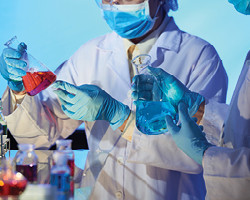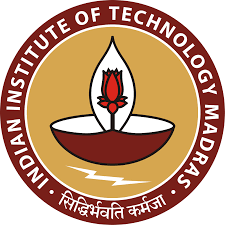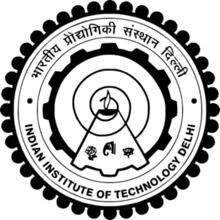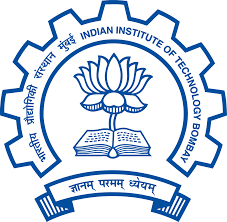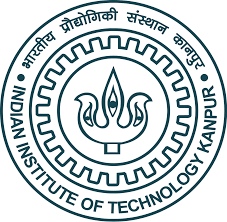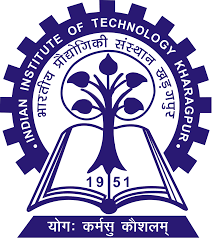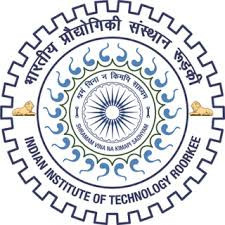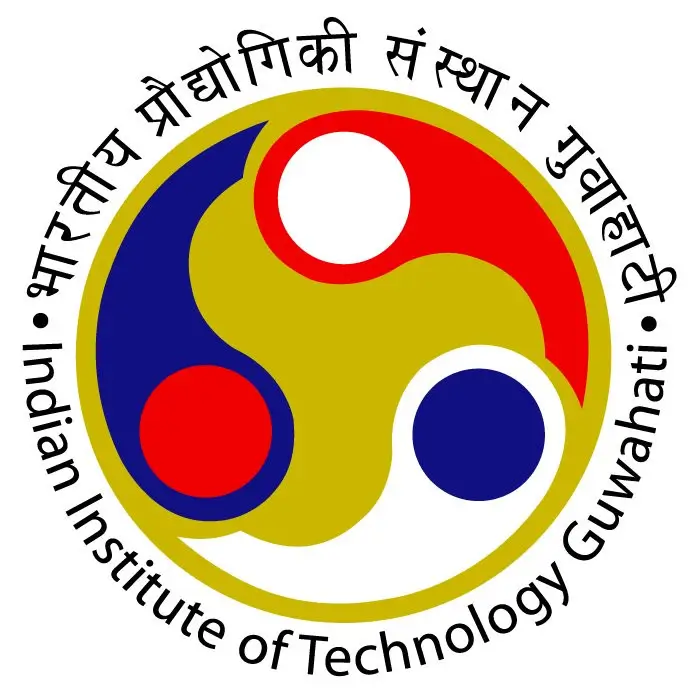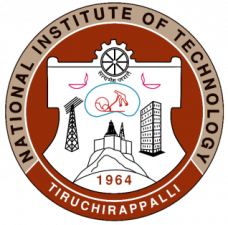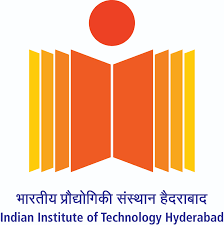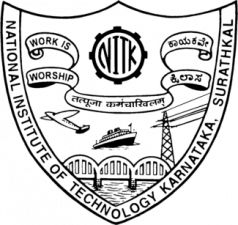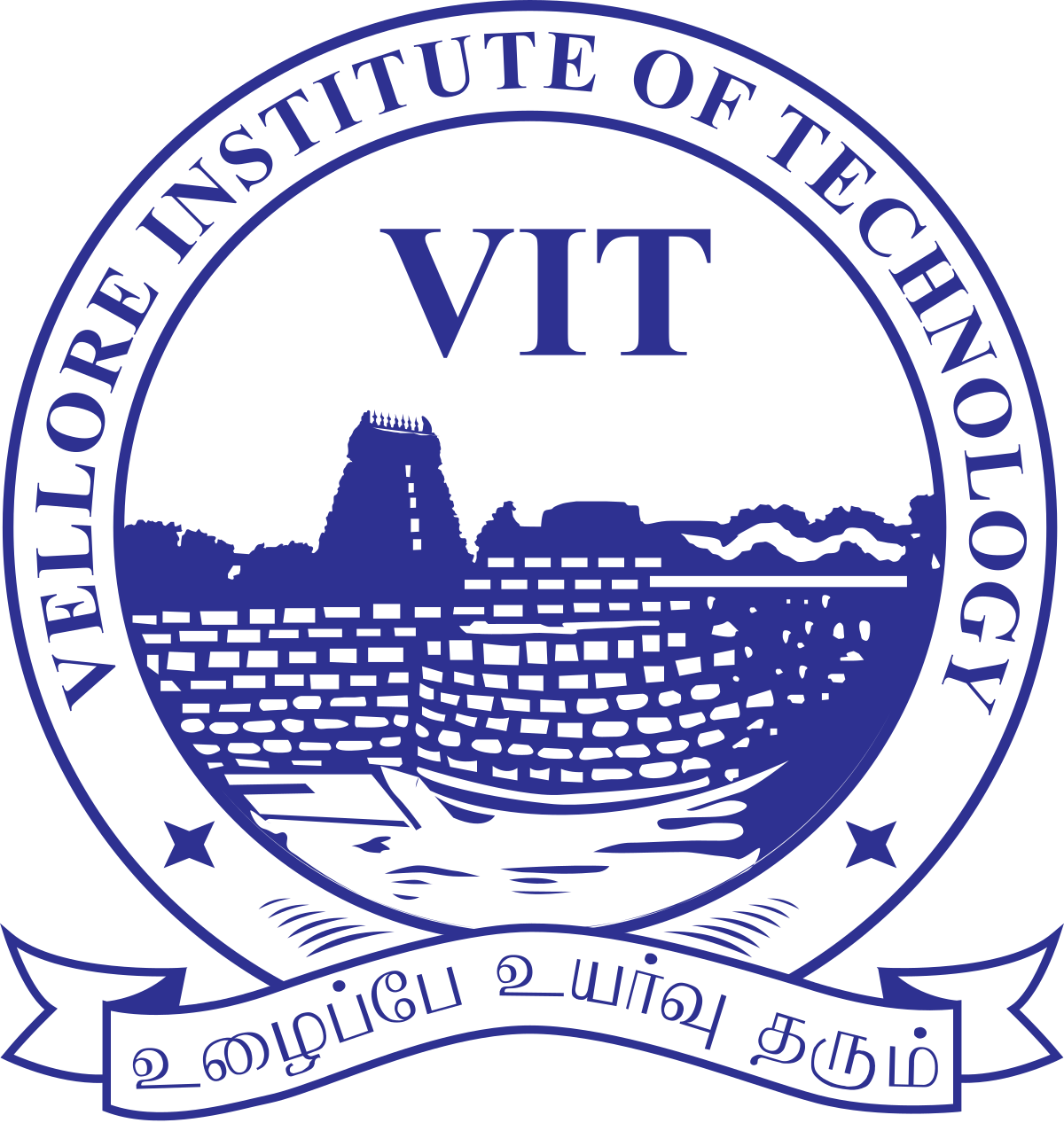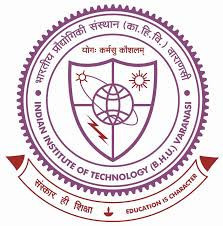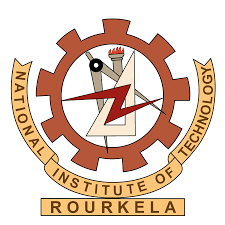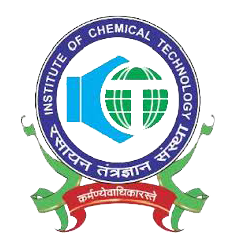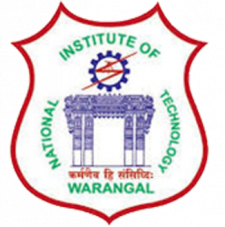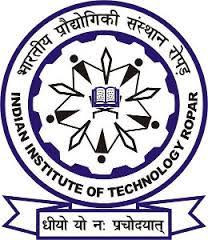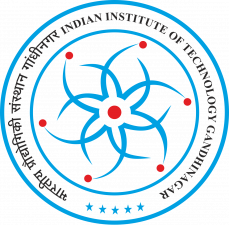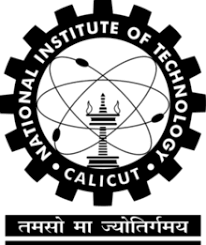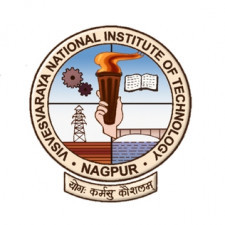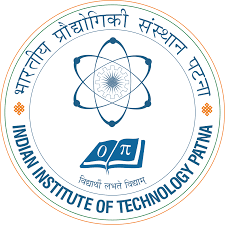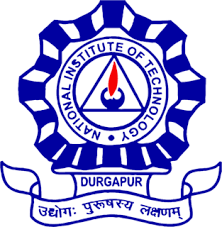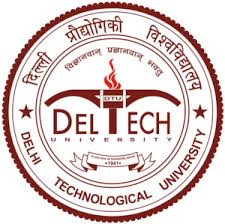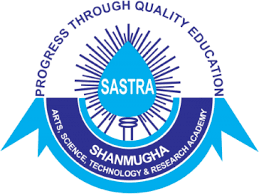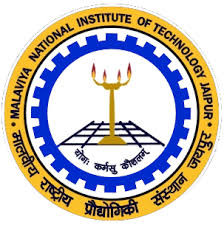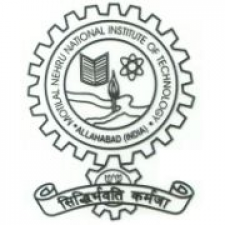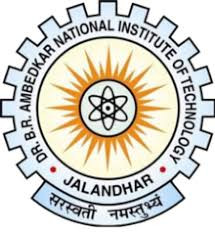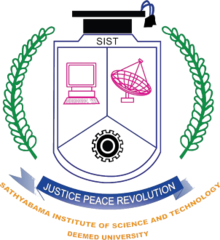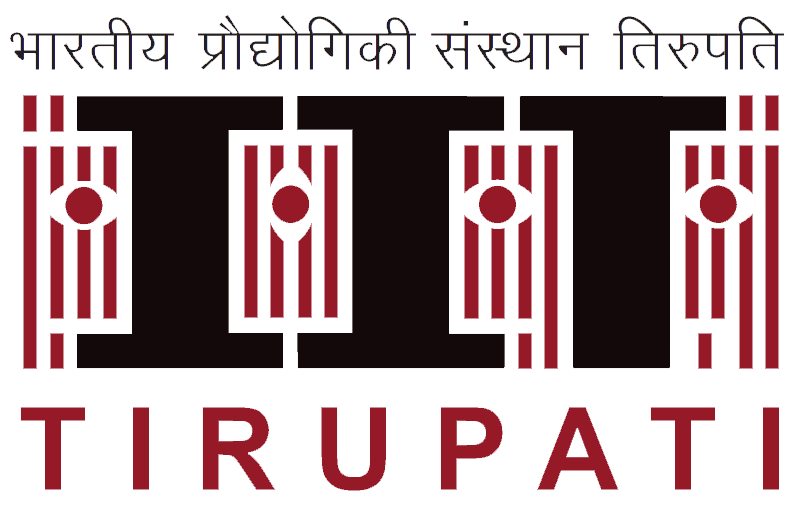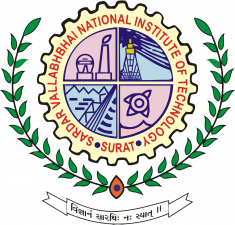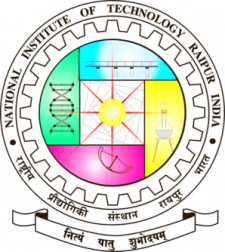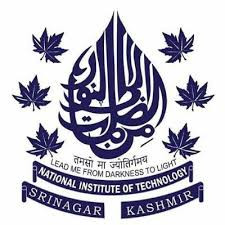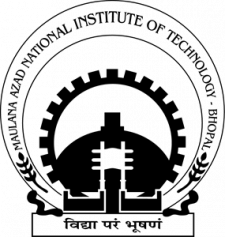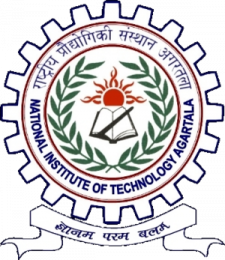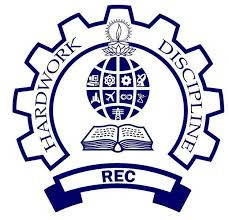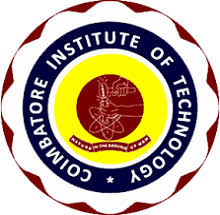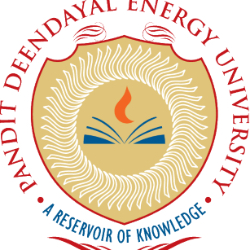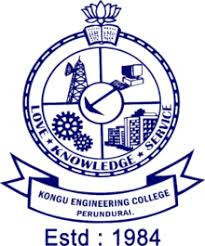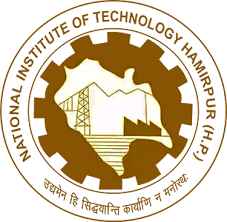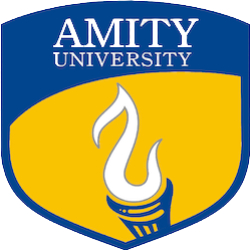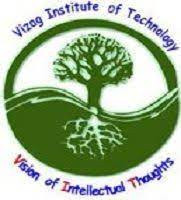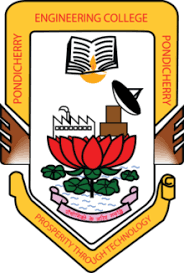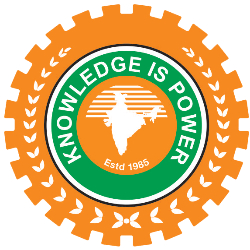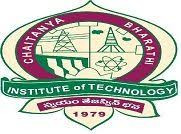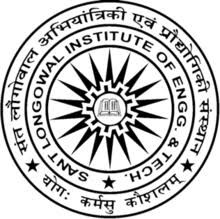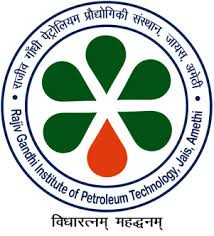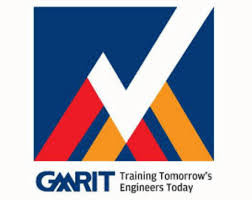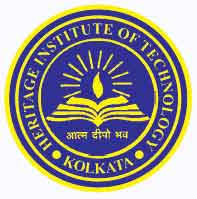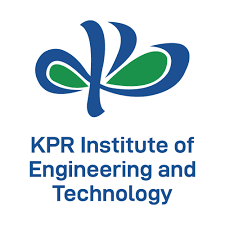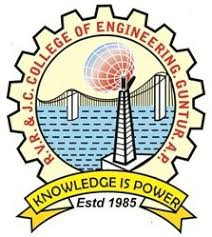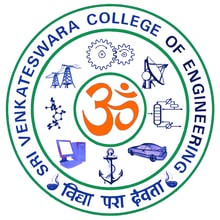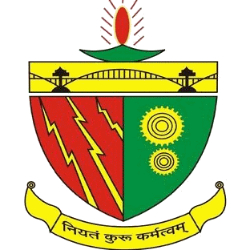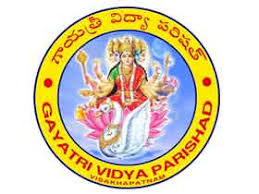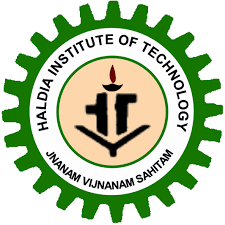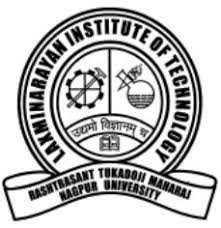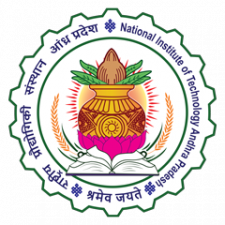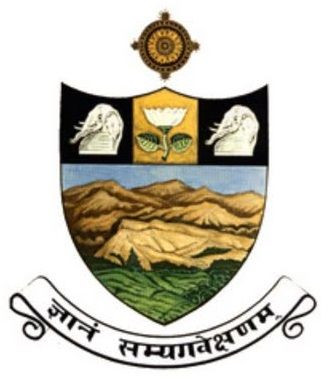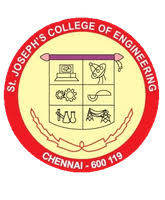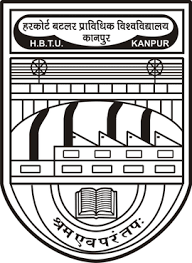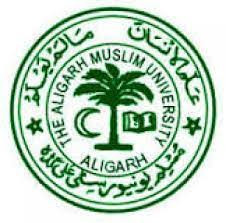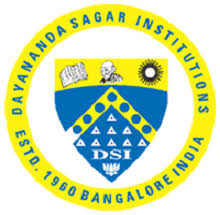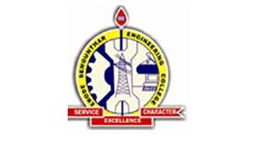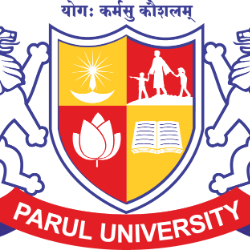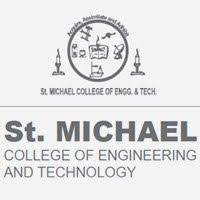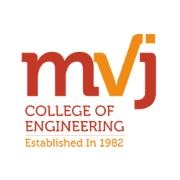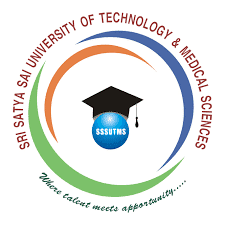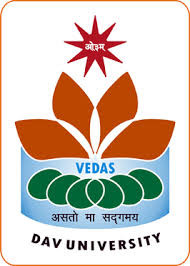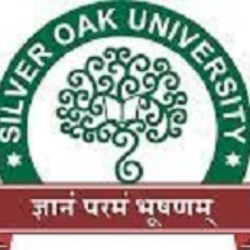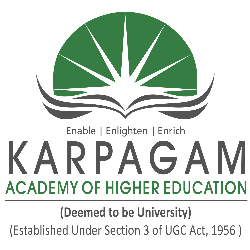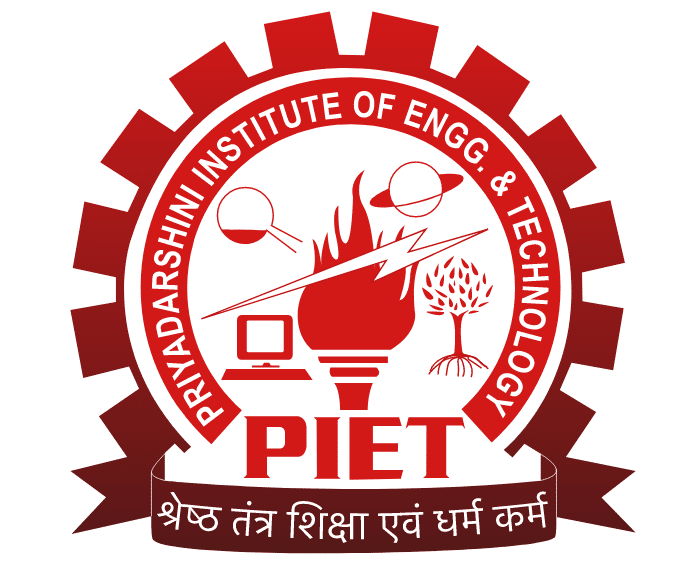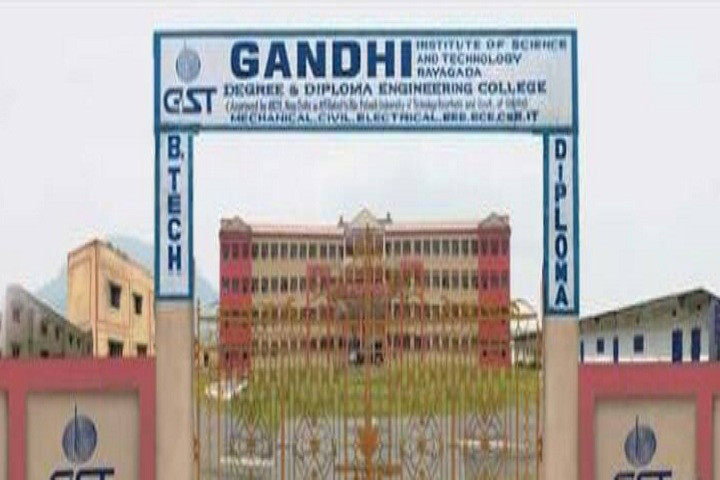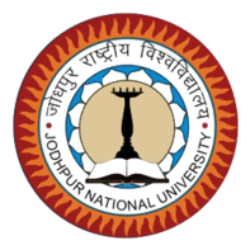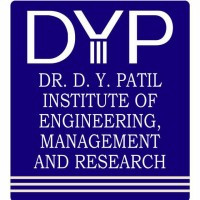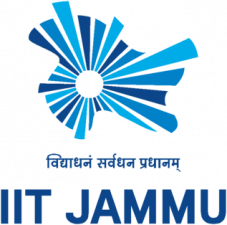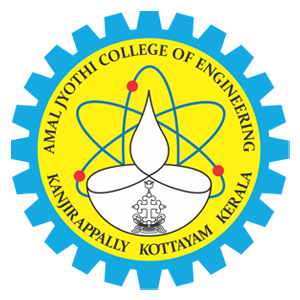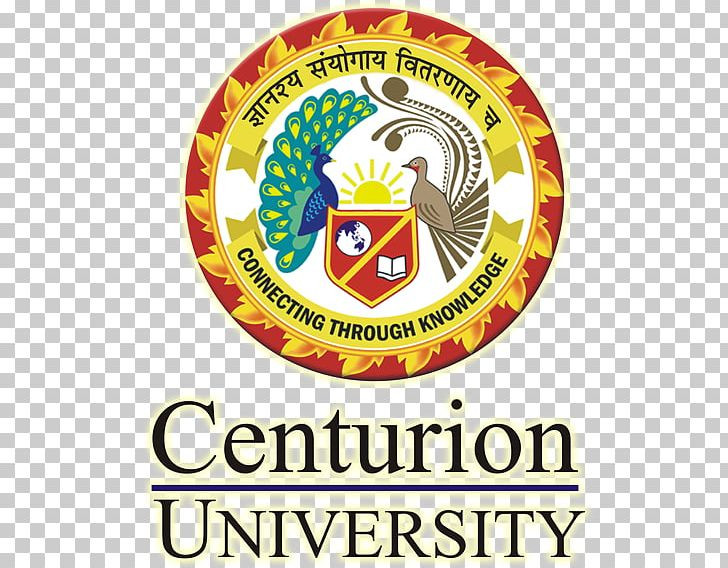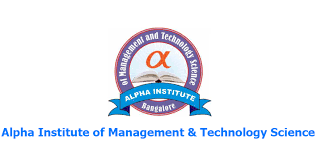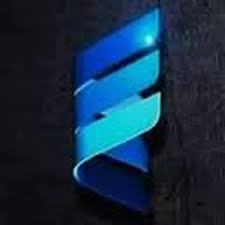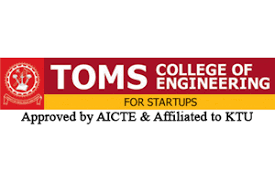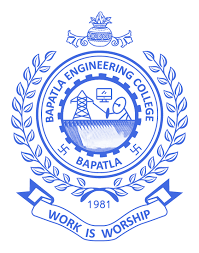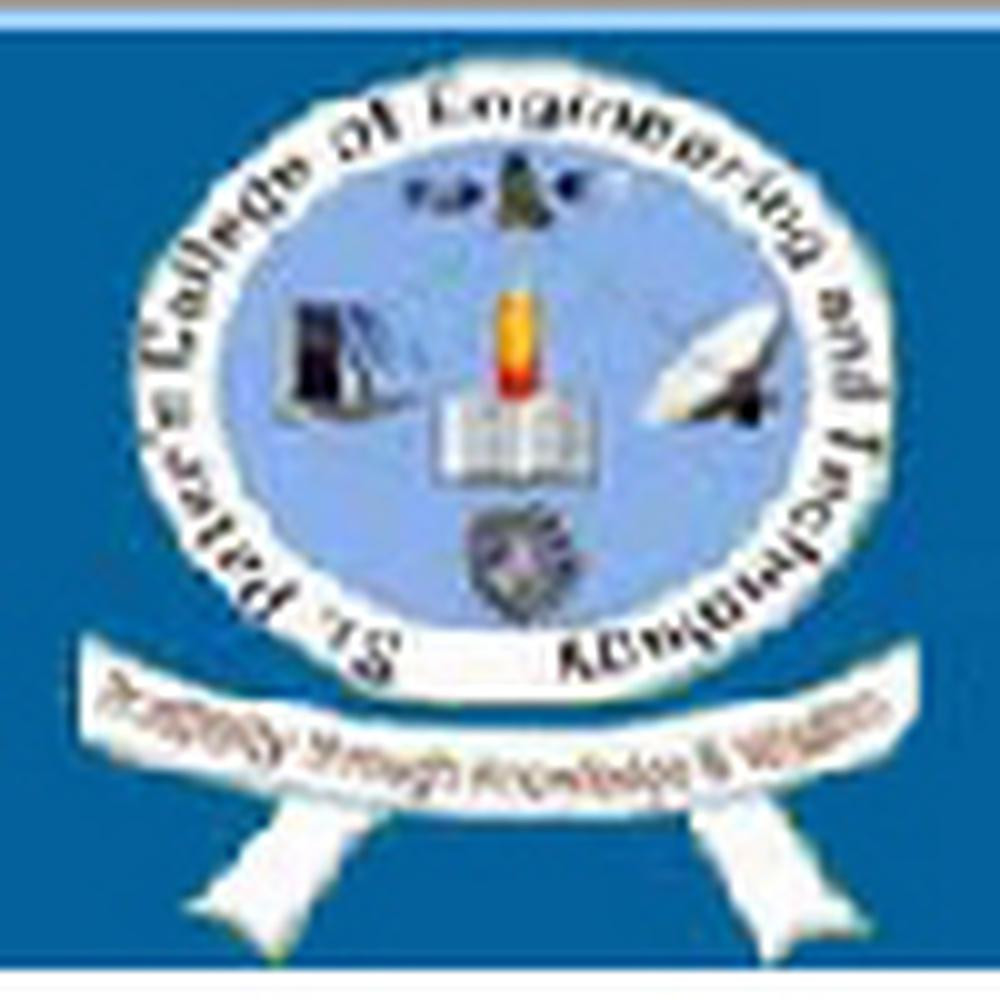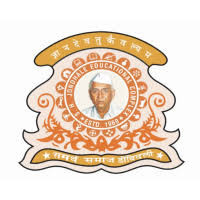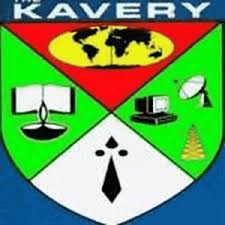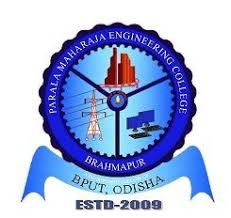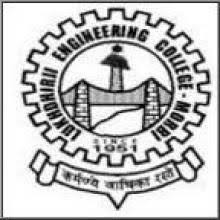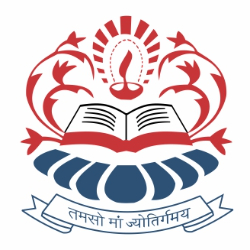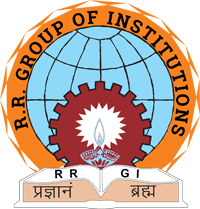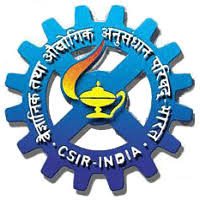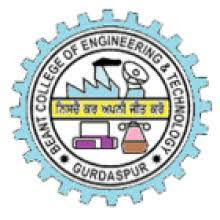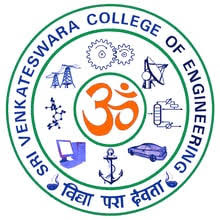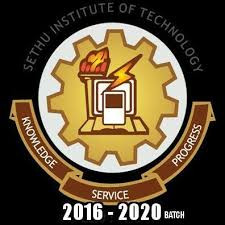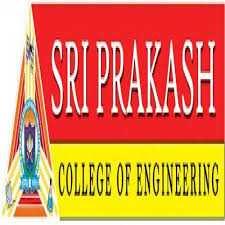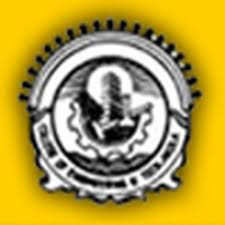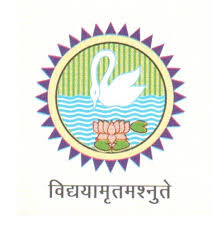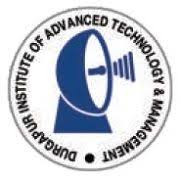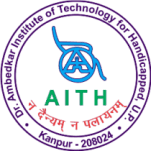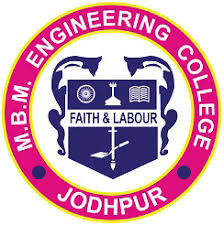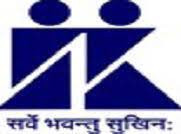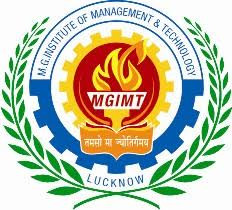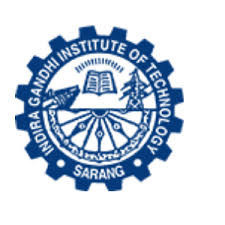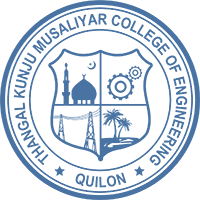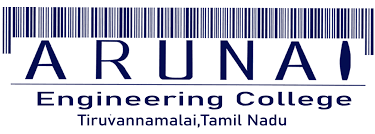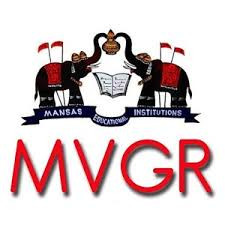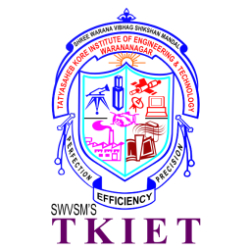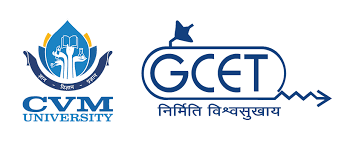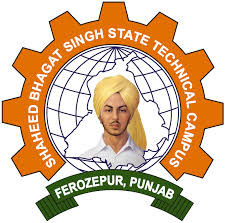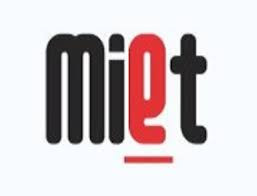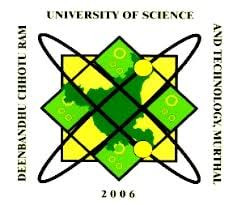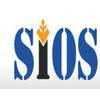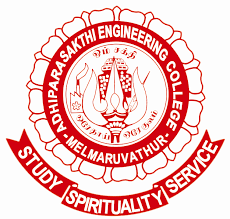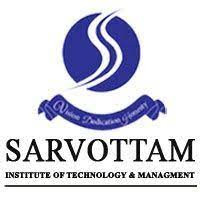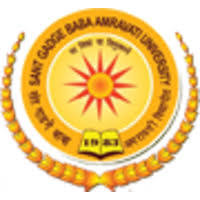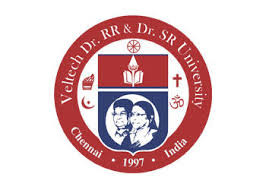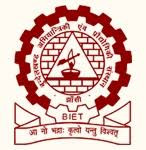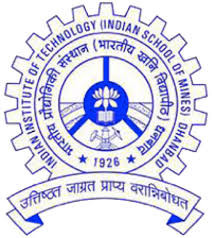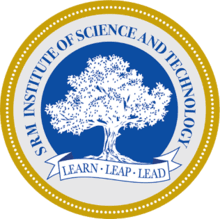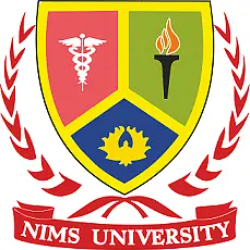Highlights: -
|
Degree Name |
Bachelor of Technology |
|
Level |
Undergraduate |
|
Duration of the course |
4 years |
|
Eligibility |
Minimum 50% in 10+2 with Physics, Chemistry, and Mathematics as the main subjects. |
|
Education mode |
Full-time, Distance. |
|
Admission Process |
Merit as well as Entrance Exams |
|
Entrance Exams |
JEE Main, JEE Advanced, BITSAT, VITEEE, SRMJEEE, COMEDK, KIITEE, WBJEE, MHT CET, MET, AP EAMCET, TS EAMCET, UPSEE, IPU CET, AMUEEE, JKCET, KEAM, TNEA, REAP, CG PET. |
|
Fees of the course |
Rs 10,000 – Rs 3.00 Lakhs |
Eligibility Criteria: -
- The candidates must complete their 12th or equivalent exam from a recognised board with a minimum of 50% marks.
- They must have studied Mathematics, Physics, and Chemistry as their main subjects in 12th.
- The students must clear the cut-off marks of the entrance test.
- Candidates seeking admission to B.Tech courses through Lateral Entry will have to complete their 3 years diploma course from a recognised board.
Syllabus for B.Tech in Chemical Engineering:
The B.Tech in Chemical Engineering syllabus will vary from college to college, but the course aims and subjects shall remain the same; the subject distribution over the syllabus may differ;but the study matter remains consistent. Nevertheless, candidates should check the official website to know the complete syllabus. Here is a general guide to B. Tech in Chemical Engineering syllabus design, as commonly followed by Indian colleges:
|
Semester 1 |
Semester 2 |
|
Theory |
Theory |
|
Mathematics I |
Mathematics II |
|
Physics |
Material Science |
|
Chemistry |
Environmental Science |
|
Basic Civil & Mechanical Engineering |
Basic Electrical and Electronics Engineering |
|
Engineering Mechanics |
Engineering Thermodynamics |
|
Communicative English |
Computer Programming |
|
Practicals |
Practicals |
|
Physics Lab |
Computer Programming Lab |
|
Chemistry Lab |
Engineering Graphics |
|
Workshop Practice |
Basic Electrical and Electronics Lab |
|
Semester 3 |
Semester 4 |
|
Theory |
Theory |
|
Mathematics III |
Mathematics IV |
|
Physical Chemistry |
Organic Chemistry |
|
Strength of Materials |
Chemical Engineering Thermodynamics |
|
Electrical and Electronics Engineering |
Process Heat Transfer |
|
Process Calculations |
Mass Transfer |
|
Momentum Transfer |
Mechanical Operations |
|
Practicals |
Practicals |
|
Physical Chemistry Lab |
Organic Chemistry Lab |
|
Strength of Materials Lab |
Momentum Transfer Lab |
|
Electrical and Electronics Engg. Lab |
Chemical Engineering Drawing |
|
Semester 5 |
Semester 6 |
|
Theory |
Theory |
|
Process Instrumentation |
Numerical Methods and Special Functions |
|
Mass Transfer II |
Mass Transfer III |
|
Chemical Reaction Engineering |
Chemical Reaction Engineering II |
|
Energy Technology and Management |
Process Design of Chemical Equipments |
|
Chemical Process Industries |
Elective I |
|
Chemical Engineering Practice |
Elective II |
|
Practicals |
Practicals |
|
Mass Transfer Lab I |
Mass Transfer Lab II |
|
Heat Transfer Lab |
Chemical Reaction Engg. Lab |
|
Mechanical Operations Lab |
Technical Analysis Lab |
|
General Proficiency I |
General Proficiency II |
|
Semester 7 |
Semester 8 |
|
Theory |
Theory |
|
Process Dynamics and Control |
Transport Phenomena |
|
Mechanical Design of Chemical Equipments |
Process Engineering Economics |
|
Industrial Management |
Pollution Control in Process Industries |
|
Elective III |
Elective V |
|
Elective IV |
Elective VI |
|
Practicals |
Practicals |
|
Computer aided design Lab |
Process Dynamics and Control Lab |
|
Project Work (Phase I) |
Project Work (Phase II) |
|
Seminar |
Comprehensive Viva Voce |
|
Industrial Visit / Training |
Professional Ethical Practice |
Further studies after B. Tech in Chemical Engineering: -
- M.Tech. in Chemical Engineering.
- Post Graduate Diploma in Chemical Engineering.
- Certification Courses: - Process Safety Management Certification, Six Sigma Certification, ISO Certification Courses, Chemical Engineering Software Certification, and Energy Management Certification.
- Short-Term Training Programs.
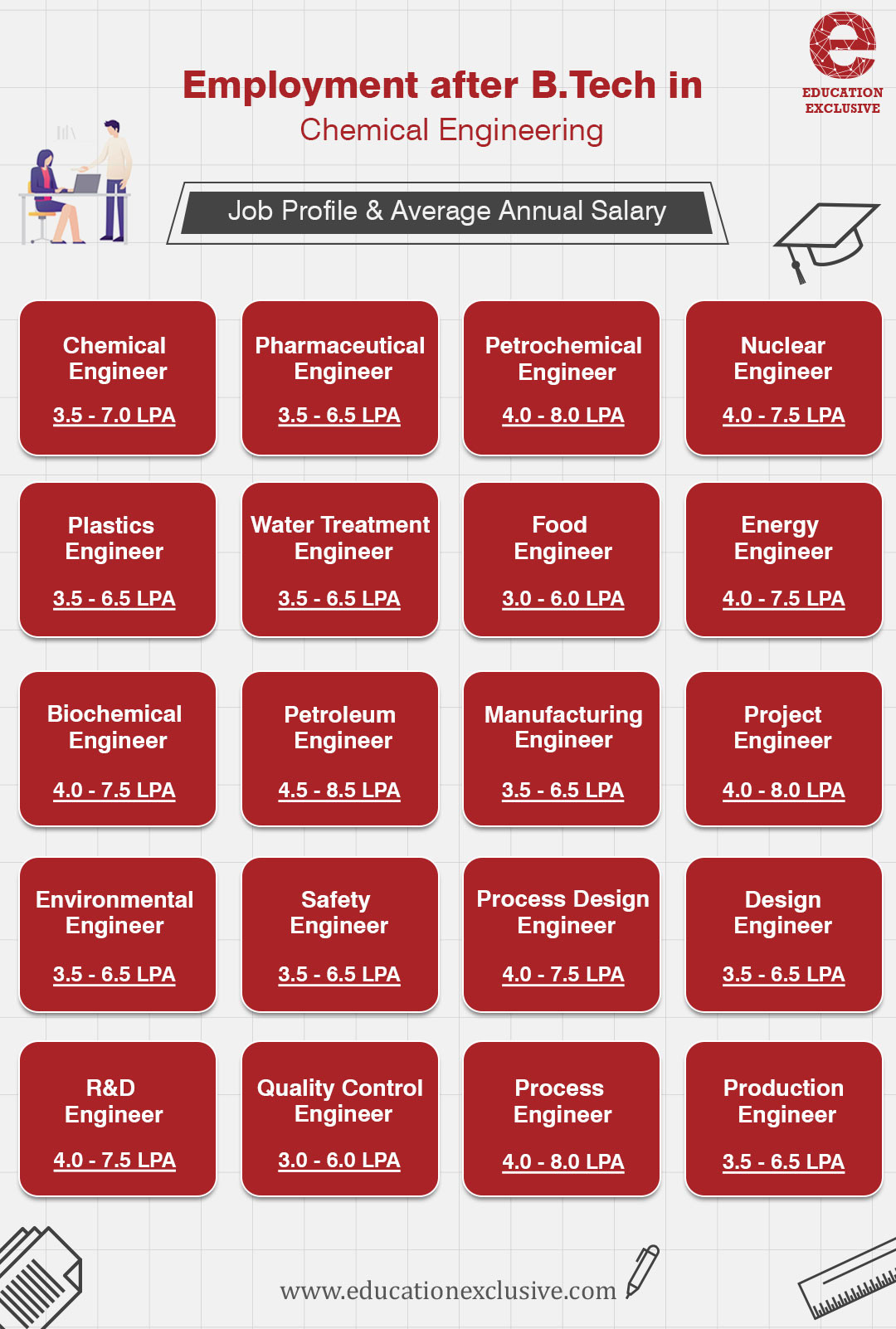
FAQs
- What is the scope for B.Tech in Chemical Engineering?
The scope of Chemical Engineering in India is good, as they can work in multiple sectors like Pharmaceutical Industries, Fertiliser Factories, Petroleum Refineries, Food Processing Units, and Petrochemicals.
- What are the top recruiters after B.Tech Chemical Engineering?
The top recruiters after B.Tech Chemical Engineering are ONGC, Coal India, Geological Survey of India, HCL, IPCL, Neyveli Lignite Corp, NALCO, TISCO, TELCO, and Reliance.
- What is the admission process of B.Tech Chemical Engineering?
The admission process of B.Tech Chemical Engineering in India is generally followed by entrance test, counselling and verification rounds.
- What are some of the top entrances to give for pursuing B.Tech Chemical Engineering?
Apart from JEE Main and JEE Advanced, one can also give several entrances like UPSEE, WBJEE, MHT CET, and COMEDK for taking admission in B.Tech Chemical Engineering.
- What is the average B.Tech Chemical Engineering salary?
The average B.Tech Chemical Engineering salary for freshers ranges from INR 3 LPA to 7 LPA in India.
- What subjects are covered in a B.Tech Chemical Engineering program?
Subjects typically include Chemical process principles, Fluid Mechanics, Heat Transfer, Mass Transfer, Chemical Kinetics, Process Control, Thermodynamics, and Engineering Mathematics. Additionally, there may be courses on safety, Environmental Engineering, and Chemical Plant Design.
- Are internships or co-op programs available for Chemical Engineering students?
Yes, many universities offer internship or co-op programs where students can gain practical experience by working in industries related to chemical engineering. These experiences provide valuable hands-on learning and can often lead to job offers after graduation.
Other specialisations in Engineering: -
B.Tech in I.T, B.Tech in Computer Science, B.Tech in Mechanical Engineering, B.Tech in Electronics and Communication, B.Tech in Automobile Engineering, B.Tech in Civil Engineering, B.Tech in Aeronautical Engineering, B.Tech in Robotics Engineering.

